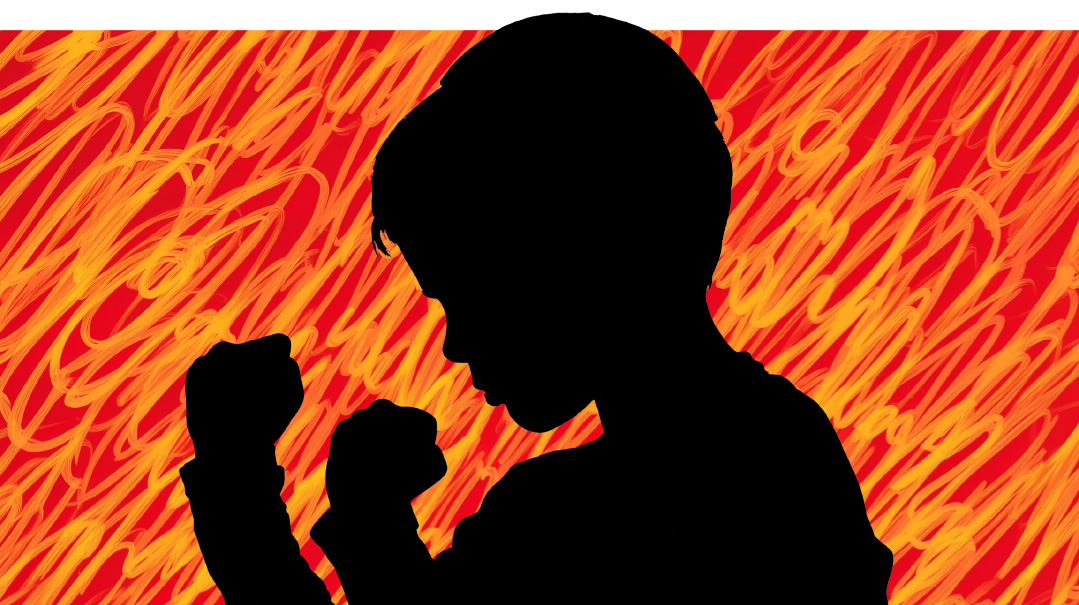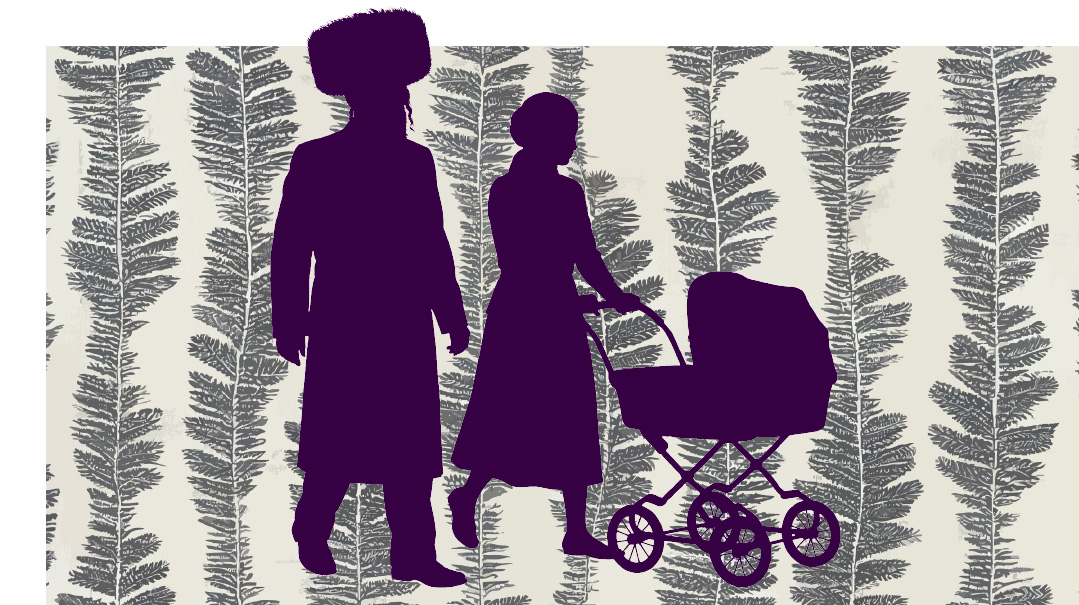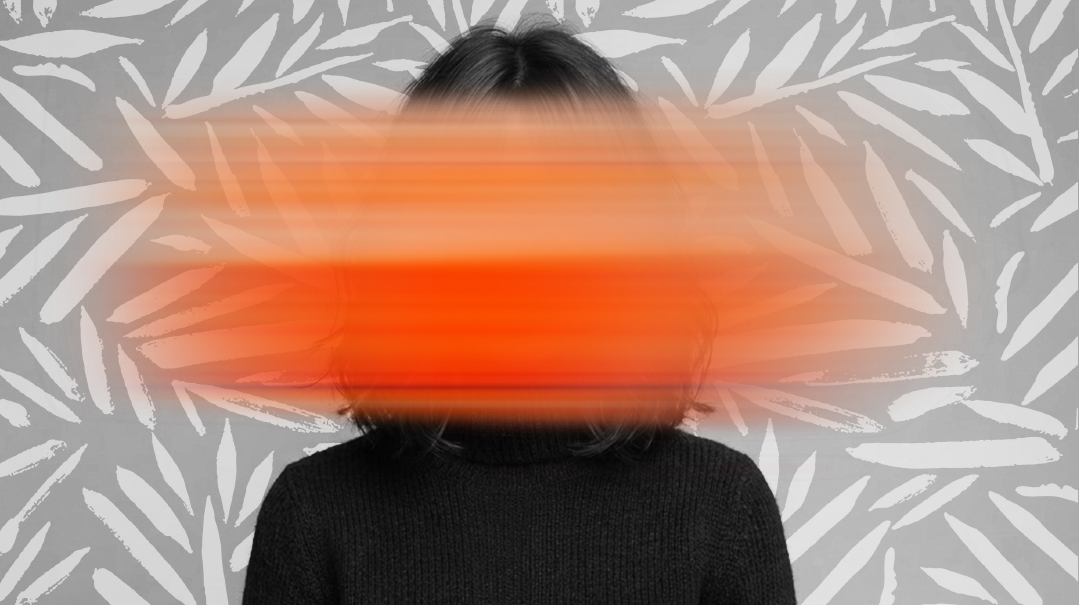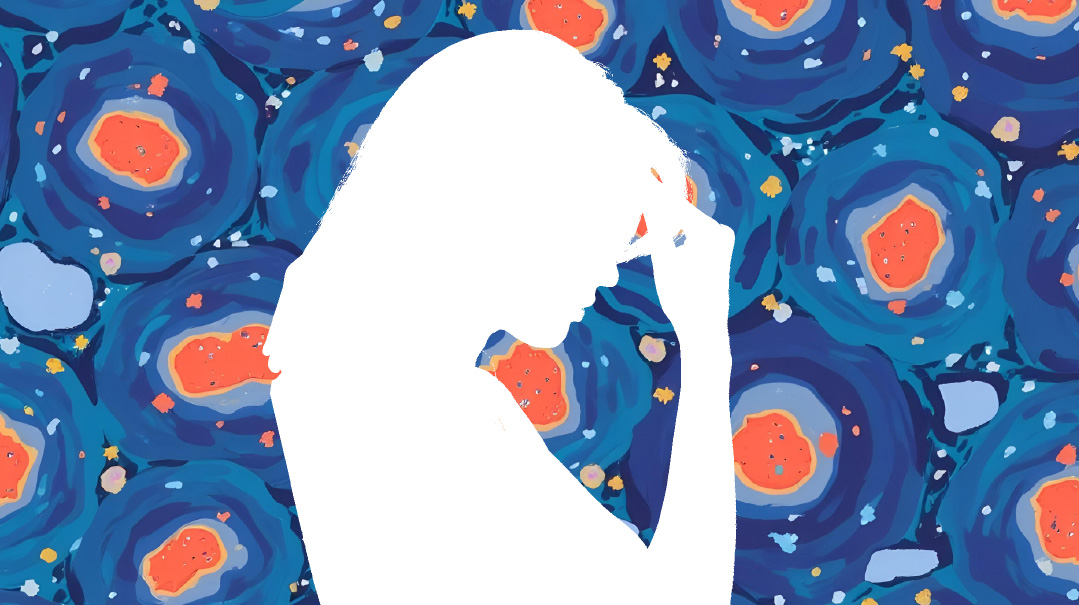Know This: Sitting Shivah
| July 17, 2019Today, making shivah calls is a complex experience
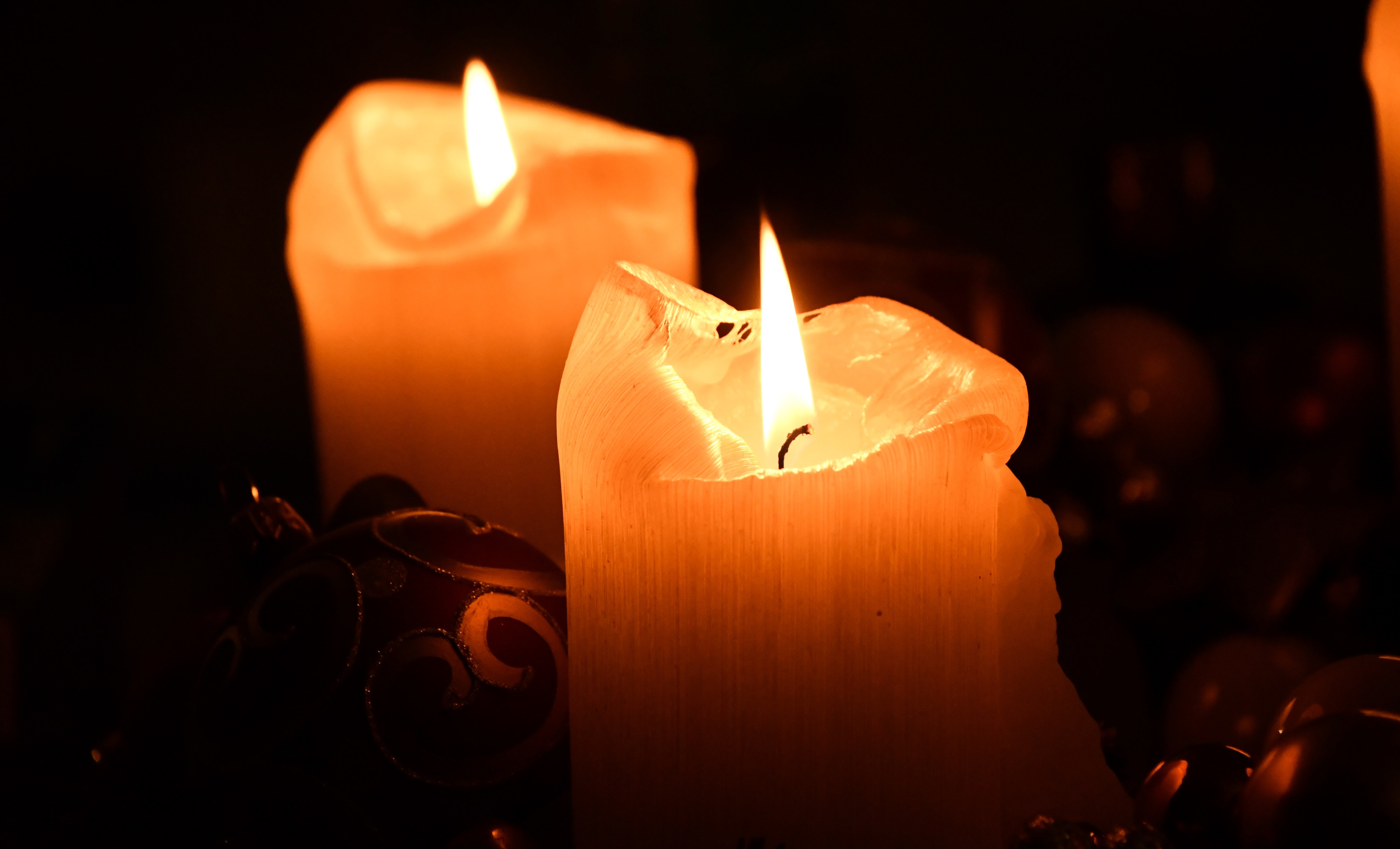
S
hivah calls had never been my thing.
My father, on the other hand, was always the one helping the cemetery caretaker until the very end, painstakingly filling the plot with earth after the last person had long washed his hands and left. My father feels that you can never go wrong by attending a funeral or a shivah house. “Just go!” is his motto. “Stay a few minutes. Honor someone’s life and you may learn something about your own.”
I could blame my reticence (or immaturity) on age; in my mid-twenties, death seemed like a far-off occurrence — inevitable, yes, but something that only happens later. My only frame of reference was the passing of my beloved grandmother, who seemed very old. We commemorated her meaningful life on low chairs, while munching mandelbroidt.
Then suddenly, tragedy struck in the form of a terrible terminal diagnosis for my 31-year-old older sister. Dani, my effervescent, joyful, hilarious, and charming only sibling was sent catapulting onto a roller coaster of hope and despair that came to a shattering halt seven months later.
Images are seared onto my brain forever, mostly involving my parents and grandparents holding hands with their angel child, wispy blonde hair framing my sister’s small, delicate face as her eternal neshamah left This World. The funeral was a blur of pain in a crowded room, faces barely registering as I helped my parents put one foot in front of the other.
Then, there I was, on the low couch. The shivah house was packed during the first three days in our hometown of Vancouver. There was a lineup of people snaking down the block to get in. Teachers, neighbors, colleagues, old friends of my sister, all vied for the chance to share anecdotes and memories of Dani.
Before Shabbos, I flew back to my home in Montreal with my husband and father to sit out the rest of shivah there, while my mother stayed behind. My father was incredibly touched to see the crowds of people coming to hear about the life of the person they’d prayed for so fervently.
Dad and I sat together, trying to encapsulate the essence of my sister, his daughter; desperate to share with those who had not met Dani how incredible she was. It was a difficult but healing journey, buoyed by the warmth and support of our wonderful community. When it was over and I put on fresh clothes, I wandered to a lush, green park to think and write, inspired by the shivah, and even the journey of her illness, to connect to Hashem. I wrote about my gratitude at being gifted the joy of a sister for 28 years.
It was over. I’d survived shivah. Now it was time to grieve and heal.
And then suddenly, less than two years later, with the raw pain of Dani’s absence still in our hearts and on our minds, tragedy struck again in the form of a terrible terminal diagnosis for my 62-year-old mother. This time, it was my incredible, beautiful, indomitable, loving Mommy who was sent on that roller coaster of mostly despair. Her journey came to a halt after six months.
I missed my mother’s levayah (unintentionally of course — as documented in an essay in Family First) and spent the first two days sitting shivah in Vancouver again, with my grandfather and uncle. Again, standing room only, packed house, lineup down the block. Many people who came had tears streaming down their faces as they tried to imagine my world without my mother and sister.
Again, I returned home with my husband to sit shivah for the second time at the age of 30.
This time, I knew where the chairs should go, and what’s the best type of skirt to wear. I knew to write a note on the front door to be mindful of my sleeping young children, and where to post the shivah details. But I didn’t know what it was like to sit shivah alone.
The pressure to talk was intense; I knew I didn’t have to, but if I didn’t speak, who would? My husband also spoke, but I was the only one who could speak about the parts of my mother that I still struggle to articulate, almost three years later. How could I relay Mom’s unique combination of strength and tenderness, of intellect and fun, of loyalty and boundaries, and her complete and total acceptance and enormous love for her children and grandchildren?
I tried to access my sister’s voice — what stories would she tell of Mommy? I spoke for my sister and for myself, for my young, preverbal children, for my elderly grandfather. I spoke and I laughed, but I didn’t cry. I couldn’t cry in front of my captive audience of students, colleagues, friends, neighbors, because it was my only chance to share things about my mother. I only cried when it was quiet and I was alone with the gaping hole in my heart that belonged to my mother and my sister.
There was also the juxtaposition to cope with. My husband and I had taken care of my mother during her illness. It had been six months of intense days and endless nights, of being jolted awake mid-sleep by dreadful nightmares. There had been chemo and treatments, dark conversations and black moments. Suddenly there was shivah — how could I be charged with the enormous responsibility to connect to all things beautiful and happy about my mother? How could I remember the light? My brain was barely coming to terms with my sister’s death, never mind my mother’s illness.
But there are halachos, and protocol, and it forced me to allow myself to be embraced by my community once more, and from that place, I connected. I spoke and shared and laughed and showed gratitude to Hashem. The crushing responsibility faded and I connected to the essence of my chiyuv. I didn’t have to say every story or remember most of what I wanted to say, but I became a vessel for what had to be said, what had to be heard. When I got up from shivah, I felt that the dark cloak of the past six months was lighter, and I could start the slow process of grieving.
Today, making shivah calls is a complex experience — both triggering and strangely connecting. But I go, not only because I know how meaningful it is for the person sitting shivah, but because I want to experience that rawness, that time and place where people are forced to be vulnerable and authentic, bereft of outer trappings, where I can honor someone’s life, and maybe learn something about my own in the process.
Please don’t say:
“Oh! Your sister died too? Was it genetic?!” (No, it’s not, baruch Hashem, but are you seriously asking someone that!?) “Did your sister have children? No? It’s probably better that way.” “How old was your mom?” (Well, I’m not 70, so probably relatively young.) Also, please don’t probe too much about the medical details, it’s unhelpful and unnecessary.
Please do say:
“I can’t imagine how you’re feeling, but I’m here for you.” “Your [mother, sister, etc.] sounds so special, when you’re up to it, I would love to hear more about her.” “I am [insert helpful action here, e.g., taking your kids to the park, making you supper, doing your car pool).” “I have taken on [x mitzvah] in your [relative’s] zechus.”
The most helpful thing anyone did for me:
Take my little kids and make sure they were happy and properly sheltered from everything to do with death and shivah. And the food — so much delicious, soul-nourishing food.
You probably never realized that:
Sometimes those who are central but not actually sitting shivah are hit incredibly hard with grief and loss — think of the son-in-law or daughter-in-law of the niftar, or the grandparents. They need as much tenderness and thoughtfulness as the ones halachically sitting shivah.
You also may not know that:
Even after shivah, shloshim, or the year of aveilus, grief can be intense. Grief is not a linear process and may be triggered by times of year, dates, life-changing events, or even the silliest nothing of a memory. Don’t have expectations of your friend, spouse, or other loved one to “get over it.”
(Originally featured in Family First, Issue 651)
Oops! We could not locate your form.
